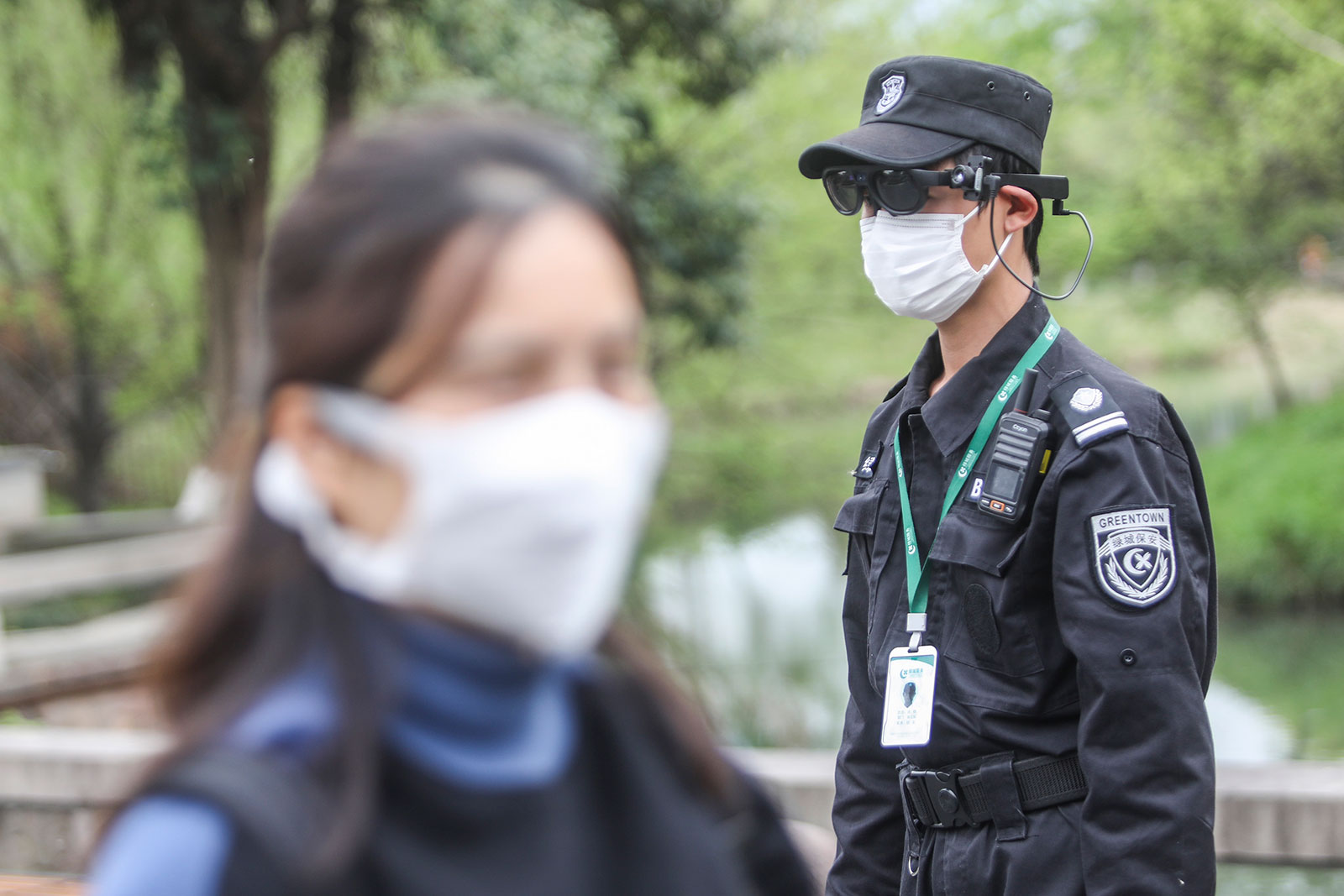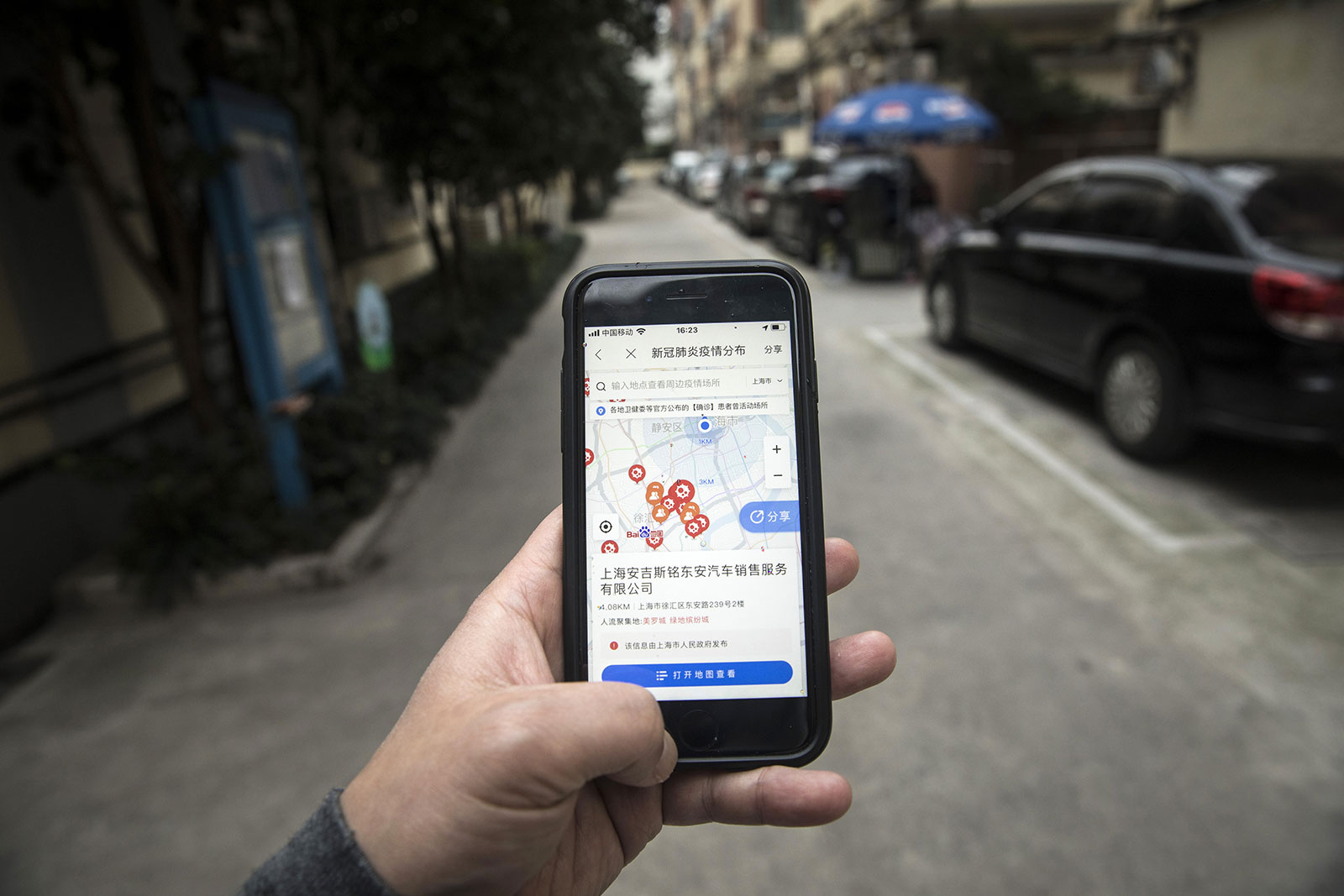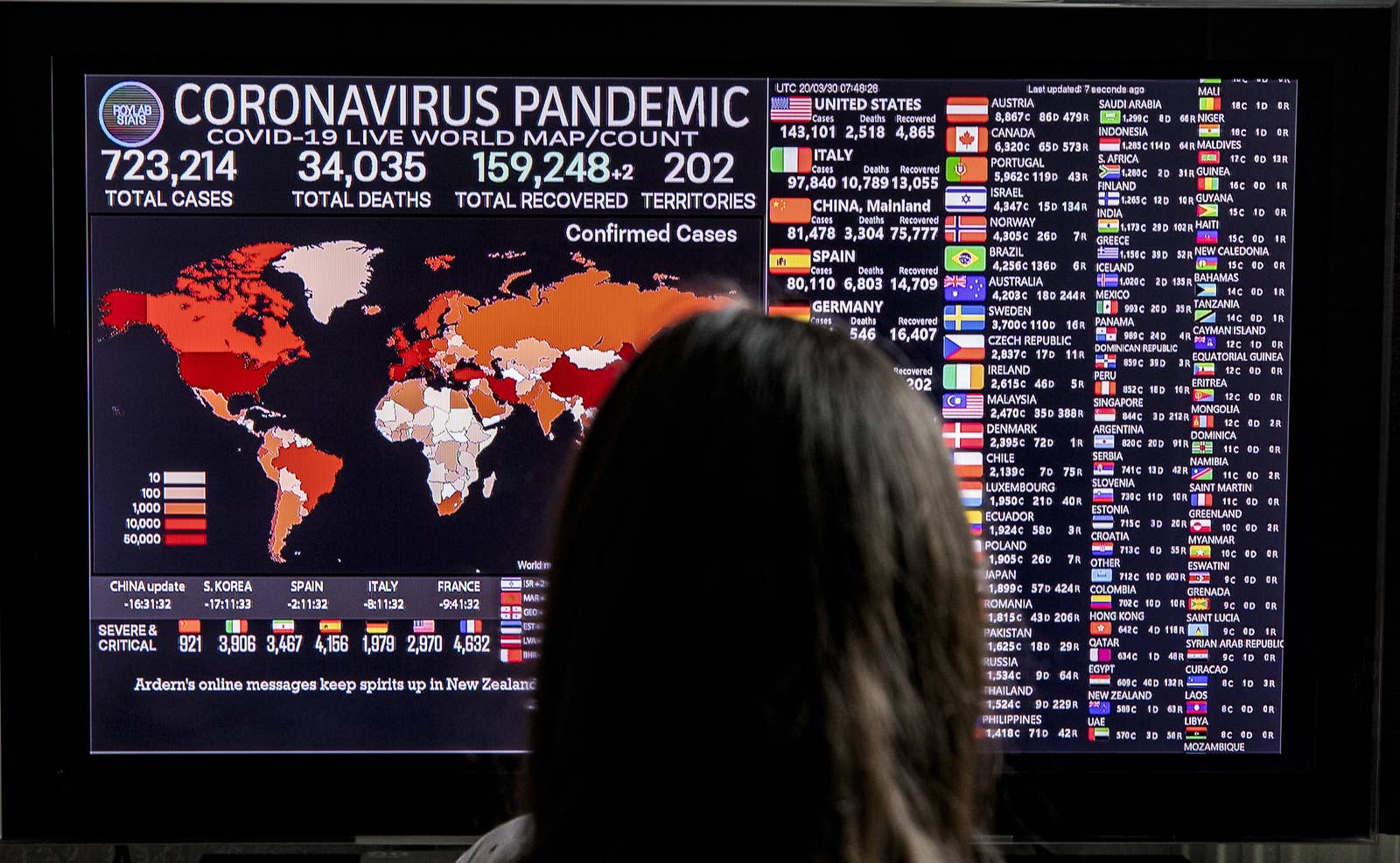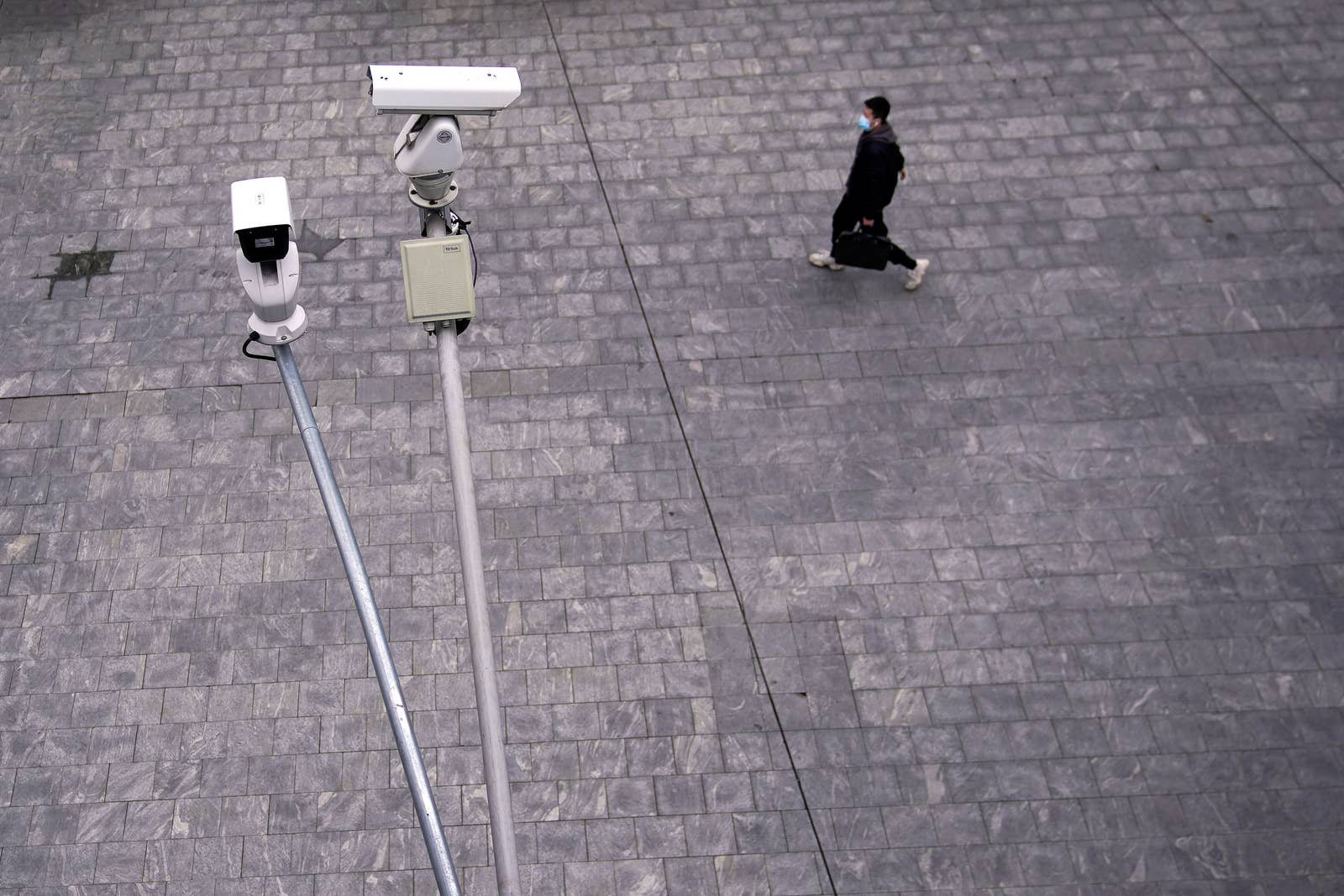Israel is Crossing All Boundaries as America Tires of its Endless Wars
Last week the Israelis scored a bloody “hat trick” – slaughtering seven international food aid workers, demolishing the last major hospital operating in Gaza, and – perhaps most dangerous – attacking an Iranian diplomatic facility in Damascus, Syria, in which several senior Iranian military figures were killed.
There is a very good reason diplomatic facilities are off limits even in times of war. It has been mutually beneficial for thousands of years for all parties to know that they may continue to communicate and conduct diplomacy even during crises and war with messengers and diplomats able to fulfil their duties unmolested. Attacks on diplomatic facilities are so rare that when they do occur even the most apology-averse regimes find themselves obligated to break out the ashes and sackcloth. When the US bombed the Chinese Embassy in Yugoslavia in 1999, for example, there were moments when a US war with China was suddenly not beyond imagination. It was extremely tense – until the US government offered profuse apologies and compensation to the families of the victims.
The Israeli attack on an Iranian embassy complex in Syria – a country Israel has been habitually bombing for years with impunity including in a separate case just days before the Iran embassy attack where 53 Syrians were killed in Aleppo under Israeli bombs – is thus a serious and boldfaced threat to the existing world order. When all the rules and customs are thrown aside, doors are suddenly opened for previously unimaginable actions and consequences.
Why would Israel risk a direct confrontation with an Iran that is strong and well-armed – including reportedly with hypersonic missiles – at this point in its ongoing bloodbath in Gaza? It seems by calculation.
Many observers believe that, six months into its operation in Gaza with no discernible degrading of the strength of Hamas as a political or fighting force – and with some 33,000 Palestinian civilians killed in the process – Israel is looking to get out by going further in. In other words, Tel Aviv is looking to extricate itself from a growing crisis by escalating its war to Iran and Lebanon (and perhaps Syria) with the idea that its dedicated supporters among the US political elites of both parties will join together to pull Israel’s chestnuts out of the fire.
Already at home, tens of thousands are taking to the Israeli streets to demand new elections and negotiations to get the Israeli hostages released. While polls suggest most Israelis favor Israel’s assault on Palestinians in Gaza, they are frustrated with the lack of any result and the continued specter of Israelis being held by Hamas.
Opposition to the Netanyahu regime’s total war against Palestinians in Gaza is not limited to Israel itself or what is called the “global south” or the “global majority” (meaning Russia, China, India, and the rest of the BRICS countries), but even inside the United States, where unquestioning support for Israel was once nearly automatic and opposition to US/Israel being joined at the hip only came from what were dismissed as “the fringes.”
According to a new poll from the Gallup organization, the “Majority in U.S. Now Disapprove of Israeli Action in Gaza.” The numbers from their recent poll are devastating not only to Tel Aviv but to our political class at home: “approval has dropped from 50% to 36% since November,” reports Gallup.
That means for the first time in recent memory, the people of the United States are fed up with backing Israel’s endless aggression in the Middle East. The numbers are worse for Biden voters – hence the desperation in his re-election camp – but even among Israel’s stalwart supporters in the US Republican Party, support for Israel has slipped from 71 percent to just 64 percent just since November.
That number is sure to sink further, as GOP dinosaurs like Mitch McConnell are being supplanted by a Republican Party that appears to be – slowly – waking up to the disaster created by US foreign policy interventionism. So when McConnell warns that even as his short-circuiting brain has caused him to step down from Republican leadership in the Senate, he is determined to finish his term with the singular goal of defeating growing “isolationism” among his GOP Senate colleagues…well, would you want to advertise “Glitch Mitch” as your poster child for foreign policy? The guy who eagerly lent his face to each of the disastrous wars of the 21st century?
His attacks on his fellow Kentucky Senator, Rand Paul, as someone who “would be the first one to say that he’s an isolationist” just seem increasingly wince-inducing and out-of-touch.
So what will Iran do to respond to Israel’s attack on its embassy in Syria? The US is reportedly on “high alert” for an Iranian response in the Middle East, but also has reportedly assured Iran it would not respond to any Iranian retaliation against Israeli aggression. Washington reportedly informed Iran that Israel did not give it a heads up before hitting its embassy in Damascus.
Is it a trap? I have suspicions, but no information beyond that.
For its part, a senior Israeli official hinted that the country may use nuclear weapons against Iran if Iran retaliates and the US does not jump in on Israel’s side: “In the event of a conflict with Iran, if we do not receive American ammunition – we will have to use everything we have…”
These are the woes an interventionist foreign policy brings to Americans. Which is why we do not support getting involved in the affairs of any country overseas. Yes, that goes for Israel too. And we are happy that finally the rest of the country is coming in our direction. Hopefully it is not too late.
Daniel McAdams is Executive Director of the Ron Paul Institute for Peace and Prosperity and co-Producer/co-Host, Ron Paul Liberty Report. Daniel served as the foreign affairs, civil liberties, and defense/intel policy advisor to U.S. Congressman Ron Paul, MD (R-Texas) from 2001 until Dr. Paul’s retirement at the end of 2012. From 1993-1999 he worked as a journalist based in Budapest, Hungary, and traveled through the former communist bloc as a human rights monitor and election observer.












